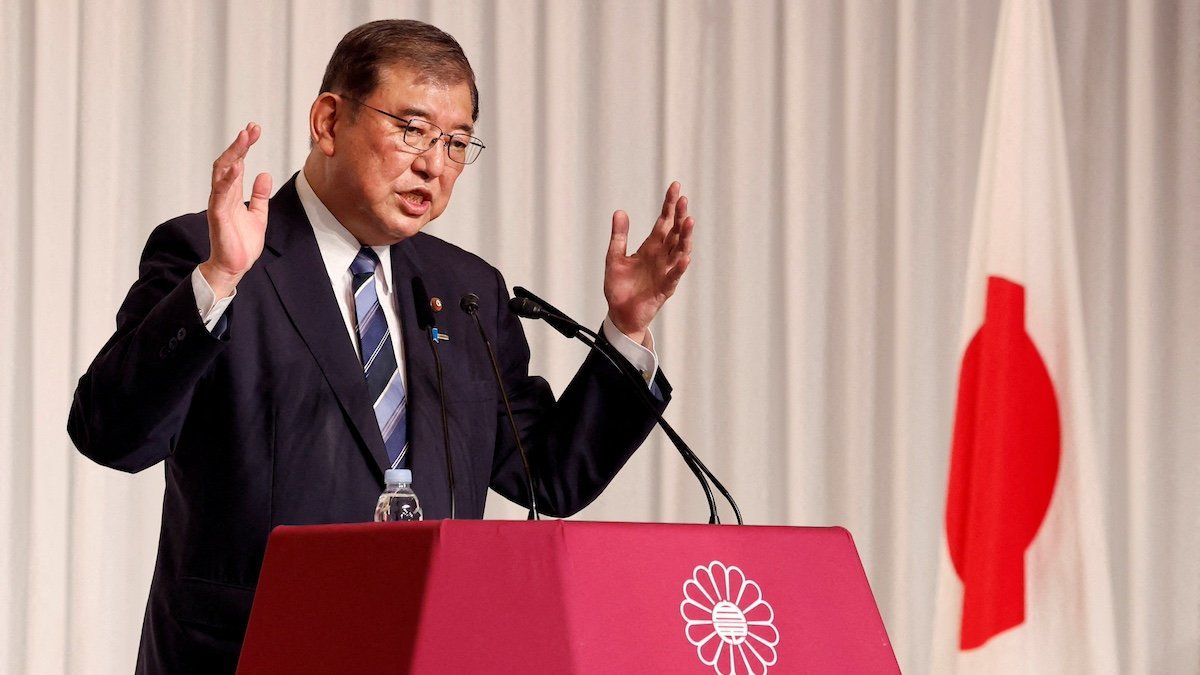Japan’s new prime minister-elect is no conventional politician by Tokyo standards. Shigeru Ishiba, 67, has sought the top job five times during his 40-year political career, but his candor was unappreciated by colleagues. After a slew of scandals and resignations, however, the Liberal Democratic Party desperately needed change, and Ishiba’s no-nonsense approach and pledge to clean up the party won the day in Friday’s runoff election.
Described as a “plainspoken populist,” Ishiba’s blunt style put him on the outs with former PM Shinzo Abe,and he was reportedly hated by former PM Taro Aso. Ishiba also openly criticized outgoing PM Fumio Kishida, a no-no in Japan’s conservative political culture. Some of Ishiba’s policy positions, such as agreeing that women should inherit the imperial thrones — were highly controversial and opposed by many in the ruling Liberal Democratic Party, including his chief female rival, Sanae Takaichi, whom Ishiba defeated last week.
What’s next?
Ishiba faces serious challenges at home and abroad. Japan’s middle class is struggling with stagnant wages, a weak yen, and soaring food prices. Hefavors maintaining loose fiscal policy, combined with targeted spending to boost wages and to support households struggling with inflation. Hehas also pledged “large-scale regional development” to revitalize Japan’s depopulating countryside by attracting innovators and entrepreneurs.
On foreign policy, Ishiba also walks to the beat of his own drum. He has
proposed an Asian version of NATO and favors Japan developing its own nuclear deterrent, both of which go further than what Washington considers practical. Ishiba’s tough defense stance includes building up a more independent capability, and he has called for
revising the two countries’ 1960 security agreement on US military bases, arguing it feels outdated and reminiscent of post-war occupation.
